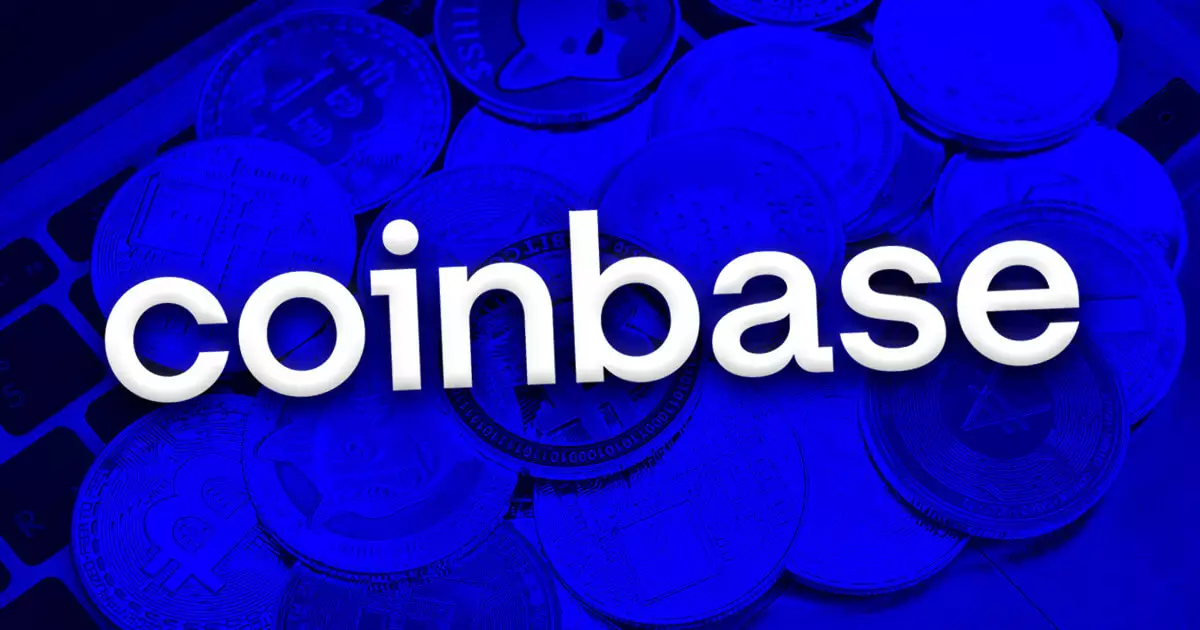The cryptocurrency market is rife with complexities, regulatory concerns, and fierce competition among platforms. Recently, a notable legal confrontation has emerged between Coinbase, a leading cryptocurrency exchange, and BiT Global, a firm heavily associated with wrapped Bitcoin (WBTC). At the heart of this conflict is Coinbase’s decision to delist WBTC, a decision that has drawn legal scrutiny from BiT Global. Coinbase’s stance is bolstered by significant ethical and operational concerns, particularly regarding the implications of Justin Sun’s involvement in the token’s ecosystem. This article delves into the details of the dispute and the broader implications for the crypto space.
Coinbase’s decision to delist WBTC stems from meticulous internal reviews that raised alarms over the potential risks associated with the token. Central to these concerns is the figure of Justin Sun, the founder of TRON, who has a controversial reputation within the industry, often linked to allegations of fraud and market manipulation. According to Coinbase’s chief legal officer, Paul Grewal, the association with Sun represents an “unacceptable risk,” leading the company to prioritize the integrity of its platform and the safety of its users.
In a court filing, Coinbase detailed its extensive review process and articulated its rationale for delisting WBTC. The exchange emphasized that the lack of transparency regarding the reserves backing WBTC and the questionable governance of BiT Global compounded its reservations about allowing the token to remain listed. The company firmly argues that its decision reflects a necessary measure to uphold the standards it has set for its platform.
In response to the delisting, BiT Global has submitted a lawsuit against Coinbase, asserting that the exchange’s actions are both unjust and damaging. The firm contends that Coinbase aims to undermine the reputation of WBTC to promote its competing product, cbBTC. BiT Global argues that the delisting poses significant financial and reputational risks to its operations and impairs consumer trust in WBTC as a legitimate asset.
Moreover, BiT has claimed that Coinbase’s delisting sends a negative signal to the market, effectively categorizing WBTC as a less trustworthy digital asset. This assertion incorporates the claim that Coinbase’s actions are in violation of California’s Unfair Competition Law, which suggests that competitive practices should be fair and not intentionally harmful to others in the market.
Coinbase vigorously contests BiT Global’s claims, dismissing the argument that the delisting will lead to irreparable harm. The exchange points out that, as of now, less than 1% of global WBTC transactions occur on its platform, undermining BiT’s assertions about the potential negative impact on consumer trust. Additionally, the platform highlights the declining circulation of WBTC prior to the delisting announcement, largely attributing these trends to Sun’s controversial history.
Furthermore, Coinbase has underlined that even without WBTC on its platform, users still retain access to alternative routes for trading the asset. Users can utilize Coinbase Wallet, a decentralized application that allows for the holding and transfer of cryptocurrencies, thereby mitigating concerns about restricted access following the delisting.
The conflict between Coinbase and BiT Global underscores the increasing scrutiny placed on key figures within the cryptocurrency industry, particularly those with checkered pasts like Justin Sun. Legal challenges involving prominent figures raise questions about accountability and governance within the crypto market. The ongoing litigation has broader implications not just for the involved parties, but also for market participants observing how exchanges navigate ethical dilemmas involving association with controversial figures.
The scheduled court hearing for BiT’s request for a temporary restraining order (TRO) on December 18 will mark a crucial moment for the future of wrapped Bitcoin on Coinbase. Should the court grant the TRO, it would delay the delisting process and could significantly alter how exchanges perceive their responsibility in regulating the tokens they list.
The legal tussle between Coinbase and BiT Global reveals much about the evolving nature of cryptocurrency regulations, the importance of transparency, and the ethical responsibilities exchanges have in operating within this fast-paced environment. As the hearing date approaches, the outcomes will likely have lasting impacts on crypto governance and the trust consumers place in digital assets.



















Leave a Reply